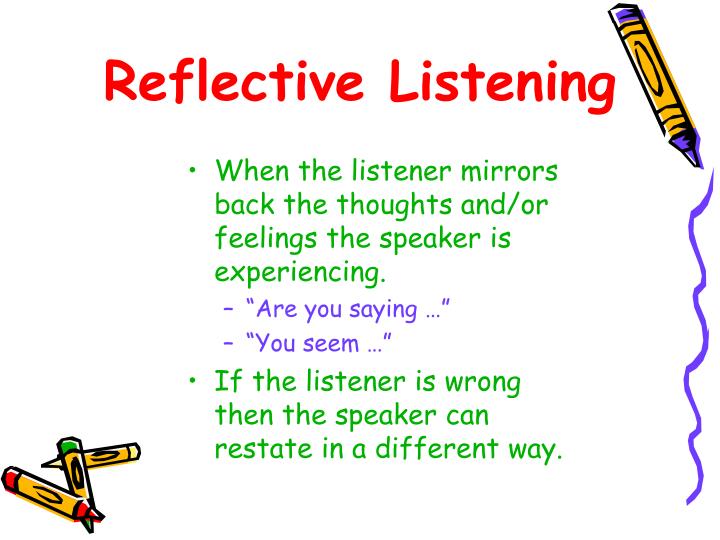
You seem really angry,” or, “I can see your frustration.” These statements are more disarming in nature and send a signal to your child that you see him or her, not just the behavior. We can easily empathize with anger and frustration because we have all been in situations where we have those feelings. What is his or her perspective? Though your child may have broken a house rule or even hurt your feelings by lashing out at you, try to be nonjudgmental for a moment.

This teaches your child that he or she can choose to control and manage emotions. Try to empathize with your child’s feelings without making it about you. Empathizeīy listening to your child reflectively, you are helping him or her define emotions and minimize acting out. If we practice our detection skills even more, we will likely discover some hurt underlying those emotions. In our example with Allison, we see anger and frustration, as well as defiance of the rules. Instead, try to observe your child’s demeanor, behaviors, tone, and words. This is hard to do because our role in parenting naturally consists of advising and telling our children based on our own judgments. First, you must tamp down your own reactive, subjective emotions in order to focus on your child. The first step in reflective listening is to become a detective of sorts. If you follow this path, you may find that you are connecting with your child in a more meaningful way. The acronym DEAR is a helpful way to remember the important components of reflectively listening to your child. In response to Allison, many of us would be quick to say, “Get your shoes off the couch and go pick up that backpack!” With this reaction, however, we are ignoring the symptoms behind the disrespectful behavior.īut what if, instead of making demands for better behavior or offering reminders of family rules, you simply take a step back and notice the behavior? Moreover, what if you look for the emotions behind the behavior and place your request for compliance on the back burner for a bit? How might the interaction occur differently? These are some of the principles of a type of listening identified in the work of Carl Rogers, a 1950s psychologist known for his emphasis on helping people become self-aware through reflective listening.

Is this a familiar scene in your household?Īs parents, our reactions to Allison’s behavior will mostly reflect an immediate request for correction. She slams her backpack against the wall in the family room and throws herself onto the sofa, only to ignore your demands to get her shoes off the furniture and put her backpack on the hook where she knows it is supposed to go.

Allison, 14, comes home from school and busts through the door.


 0 kommentar(er)
0 kommentar(er)
